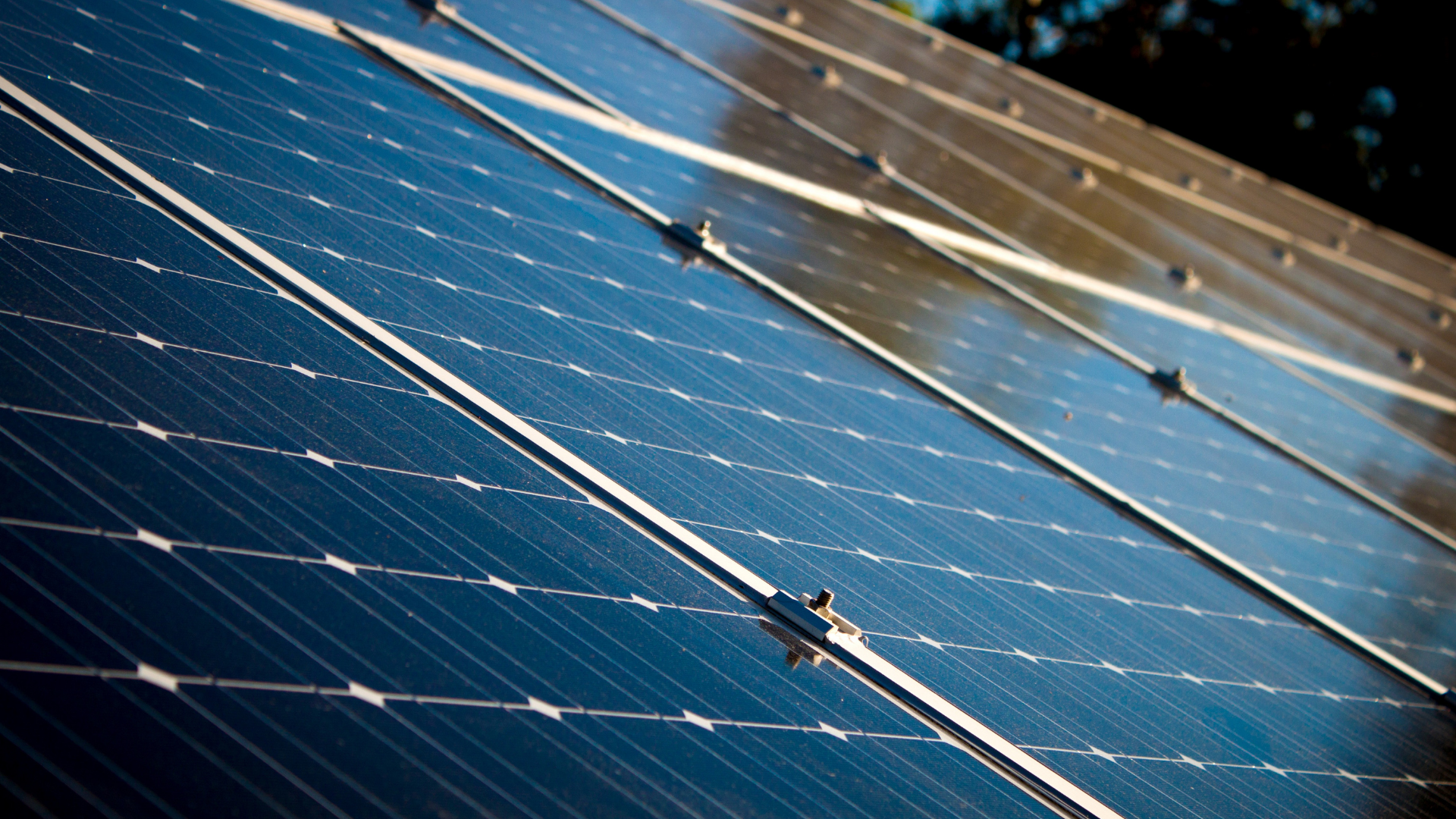- 26.03.2021
26 March 2021
The United Nations (UN) and the World Bank Group (WBG) emphasize that access to energy is essential to reducing poverty. Correspondingly, the UN’s Sustainable Development Goal 7 (SDG 7) aims for universal access to affordable, reliable and sustainable energy by 2030. In 2013, the WBG pledged that its energy practice would be centered on the achievement of the UN’s SDG 7.
The World Bank, International Energy Agency and other agencies track global progress in meeting the SDG 7 goals as reported in Tracking SDG 7: The Energy Progress Report. The most recent report of October 2020 revealed that in 2018 there still remained 789 million people without access to electricity . Overall, the report concluded: “Although the world continues to advance toward SDG 7, its efforts fall well short of the scale required to reach the goal by 2030.”
As such, under current and planned policies (before the COVID crisis) it is estimated that:
- 620 million people will remain without access to energy in 2030, 85 percent of them in Sub-Saharan Africa.
A new paper by Recourse and Swedish Society for Nature Conservation (SSNC) reviewed energy sector operations of the WBG approved during 2017 to 2020 in the top 5 energy access deficit countries: Nigeria, Democratic Republic of Congo, India, Pakistan, and Ethiopia. In 2018, these 5 countries account for 43% of the global population without access to electricity or 338 million people. Similar to the Energy Progress Report’s conclusion, the assessment of the WBG concludes:
- Although the World Bank Group assisted all 5 countries’ advancement toward universal energy access, the Bank’s efforts are not adequately centered on reaching universal access by 2030.
- Specifically, the WBG does not provide enough finance for new household energy connections.
The World Bank Group needs to accelerate electrification rates in all high energy access deficit countries by providing significantly more finance directly to new household energy connections.
Anna Lindberg of Swedish Society for Nature Conservation said: “The African Development Bank (AfDB) has pledged 75 million new off-grid connections for rural households and small businesses by 2025 . The World Bank Group is expected to reveal its Africa Energy Plan soon. The WBG should commit to match or exceed the AfDB’s new connections pledge. To avoid double counting make clear that the new household electricity connections the WBG will supply are additional to the AfDB’s commitment.”
Nezir Sinani of Recourse further states: “Given the rapidly growing climate crisis, the WBG’s public money for energy access should only fund renewable energy solutions, both utility scale and distributed renewable energy. There are vast renewable energy resources that remain un-developed in every country. In November 2020, the UN Sustainable Energy for All initiative recommended that “financing of fossil fuel projects as a means of closing the energy access gap should be terminated.”
For more information, please contact:
Anna Lindberg of the Swedish Society for Nature Conservation in Sweden
+46 76 169 5489 or anna.lindberg@ssnc.se
Nezir Sinani of Recourse in the Netherlands
+31 61 482 0789 or nezir@re-course.org
Endnotes
Link to new paper: https://www.re-course.org/wp-content/uploads/2021/03/Falling-Short_.pdf

